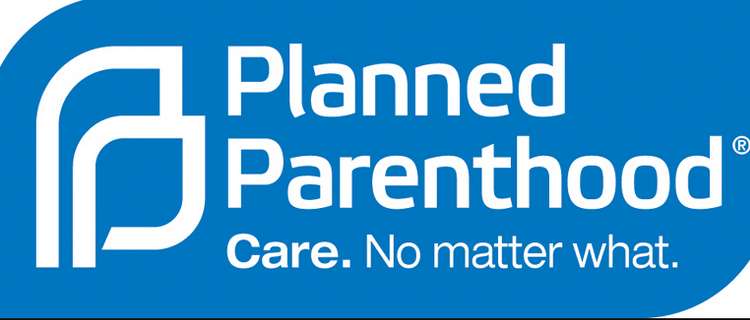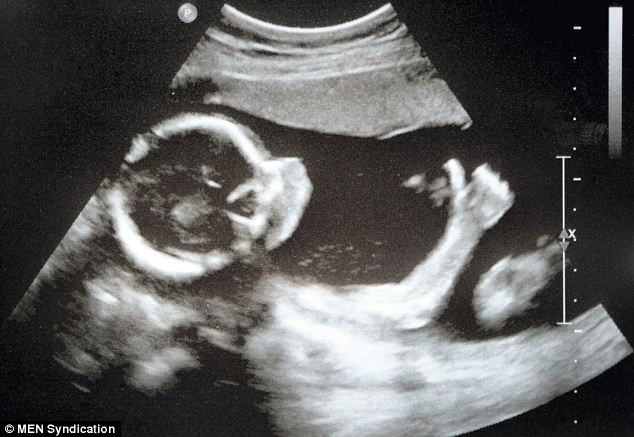Abortion Law in New Zealand Q&A
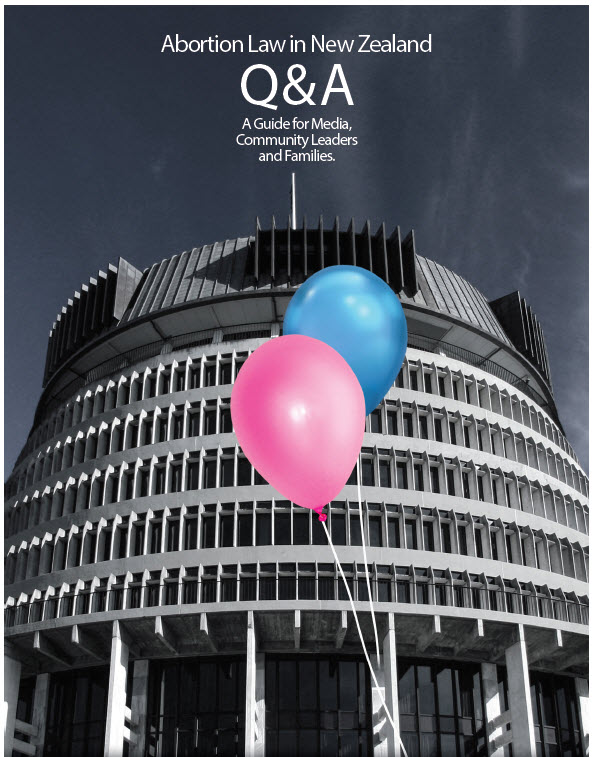 CURRENT ABORTION LAW
CURRENT ABORTION LAW
What is the current abortion law in New Zealand?
Under the Crimes Act 1961, it is a crime to perform an abortion unlawfully, or to supply the means of providing an abortion (such as drugs or instruments) unlawfully (ss. 183 and 186). Women are explicitly exempt from liability, meaning a woman cannot be criminally charged for having an abortion under the Crimes Act 1961. However, under s.44 of the Contraception, Sterilisation and Abortion Act 1977, it is a crime for a woman to receive an abortion unlawfully. Thus, performing, receiving or supplying the means of providing an abortion is a crime only when it is not carried out in accordance with the proper procedure and legal criteria for lawful abortions.
What are the criteria for a lawful abortion?
In the case of a pregnancy of not more than 20 weeks’ gestation, a lawful abortion may be performed if one of the following criteria are met:
- Serious danger to the woman’s life, physical or mental health (factors which may also be taken into account: the woman’s age, and whether the pregnancy is the result of sexual violation); or
- Foetal abnormality (a substantial risk that the baby will be “seriously handicapped”); or
- The pregnancy resulted from incest or sexual intercourse with a dependent family member; or
- The woman is “severely subnormal” (has a mental, physical or intellectual impairment that significantly impairs her ability to understand and make decisions about sexual conduct).
(Crimes Act 1961, s.187A(1))
In the case of a pregnancy of more than 20 weeks’ gestation, a lawful abortion may be performed only when it is necessary to save the woman’s life, or prevent serious permanent injury to her physical or mental health.
(Crimes Act 1961, s.187A(3))
Are women currently ‘criminalised’ for having abortions in New Zealand?
No. Under the Contraception, Sterilisation and Abortion Act 1977, it is a crime for a woman to receive an unlawful [i] abortion in New Zealand (for example, a ‘backstreet’ abortion). This offence creates some individual responsibility for women who attempt to bypass the proper criteria and procedure for lawful abortions (albeit with a relatively low penalty of a maximum fine of $200). Importantly, since 1977 when the current law was enacted, the Ministry of Justice has no record of any woman ever being convicted for receiving an unlawful abortion. It is therefore wrong to say that women are ‘criminalised’ for receiving abortions under the current law.
Who then is ‘criminalised’ under New Zealand’s current abortion laws?
According to the Law Commission, there is no record of any case in which a person has been convicted for performing an unlawful abortion. There has been a small number of convictions under s. 183 for procuring (i.e., performing) an unlawful abortion. However, Ministry of Justice records show that these related to physical assaults on pregnant women that caused (or were intended to cause) a miscarriage – not medical or surgical abortions. There has been one conviction for providing the means of procuring an unlawful abortion (for supplying pills illegally).
Does New Zealand have ‘abortion on demand’?
Not officially. By law, there is no automatic ‘right’ to have an abortion. However, in practice, there is evidence to suggest that abortion is more accessible than the law would appear to allow, because certifying Consultants adopt a very wide interpretation of the ‘mental health’ ground for abortion. Most abortions are provided on this ground. New Zealand’s annual abortion rate is comparable to jurisdictions with ‘health’-oriented abortion laws, which may suggest that a high percentage of requests for abortion are granted.
Former Chair of the Abortion Supervisory Committee, Dr Christine Forster, said, “We do essentially have abortion on demand or request, however you like to put it. […] Certainly in the main centres, in Auckland, Wellington and Christchurch, if a woman wants an abortion I think she’ll get one.” [ii] The Hon Judith Collins has stated in Parliament, “To be absolutely frank, we have abortion on demand in New Zealand, in everything except name.” [iii]
PROPOSED ABORTION LAW
What changes are proposed to abortion law?
The Government has proposed a policy shift to treat abortion as a ‘health’ issue rather than a criminal issue. This would involve removing the criminal offences regarding abortion and treating abortion like other health services, which are governed by general health laws and professional guidance.
Why does the Government want to reform abortion law?
The focus of this policy shift is entirely on the ‘wellbeing’ of women seeking abortion. The Government seeks to remove the element of censure that the criminal law entails, and to make abortion more accessible, with fewer delays. The Government does not appear to have considered the status of a foetus, nor any State interests in preserving life. Under the current law (Crimes Act 1961), an unborn child is afforded some recognition and (minimal) legal protection. In contrast, treating abortion as a health issue and removing it from the Crimes Act 1961 gives the unborn child the same status as an appendix, tonsils or gall bladder – simply tissue removed as part of a ‘health procedure’.
What would a new abortion law permit?
The Law Commission has proposed three alternative models for a new abortion law that would all treat abortion as a ‘health’ issue:
- Model A: abortion would be available to women at any stage of pregnancy with no restrictions and no statutory criteria.
- Model B: abortion would be available at any stage of pregnancy if the health practitioner who intends to perform the abortion “reasonably believes the abortion is appropriate in all the circumstances, having regard to the woman’s physical and mental health and wellbeing”. This is a very broad test which focuses on the woman’s wellbeing and does not mention the foetus.
- Model C: Model A would apply up to 22 weeks’ gestation, and Model B would apply thereafter.
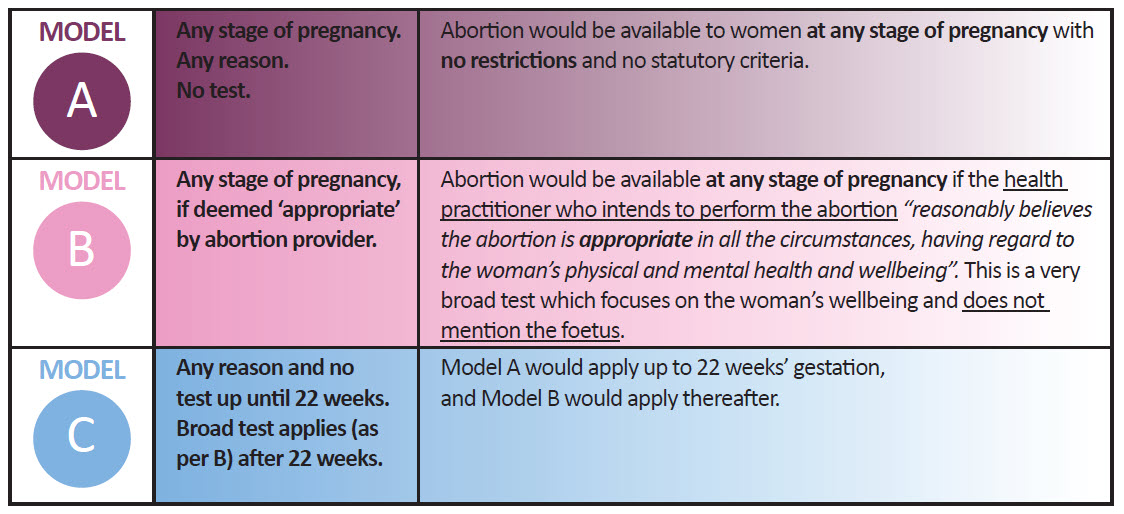
Does this mean late-term abortions will become legal?
‘Late-term abortion’ is a term used to describe abortions from the second trimester of pregnancy onward. Some use this term for abortions performed from 16 weeks (including the Law Commission), and others use it for abortions performed after 23 weeks (related to viability). Late-term abortions are already legal in some circumstances (see para 3 on previous page), and data provided by Statistics NZ shows that the vast majority of these abortions are carried out due to danger to the mental health of the woman (rather than a danger to her life or physical health). However, any of the proposed options for a new abortion law would make late term abortions considerably more accessible than they are under the current law. Under Model A, a baby could be aborted up until birth. Under Model C, a baby could be aborted without any restrictions up until 22 weeks’ gestation. Under Model B, and Model C after 22 weeks’ gestation, a baby could be aborted as long as the health practitioner who intends to perform the abortion considered that the abortion was ‘appropriate in the circumstances’.
What do the proposed models for abortion law reform leave out?
The proposed models for reform leave serious gaps. No provisions are proposed to protect women from being coerced into an abortion. No provisions are proposed for ensuring women have the mental-health support they need before and after abortion, or that women are made fully aware of the risks of abortion, and of all of their options. There’s no proposal to prevent schools from taking young women for an abortion without parental knowledge, or to prevent sex-selective abortion. Further, it is unclear whether doctors and nurses would retain their right to freedom of conscience, which currently allows them to decline to take part in abortions and does not require them to refer the woman seeking an abortion to another health practitioner.
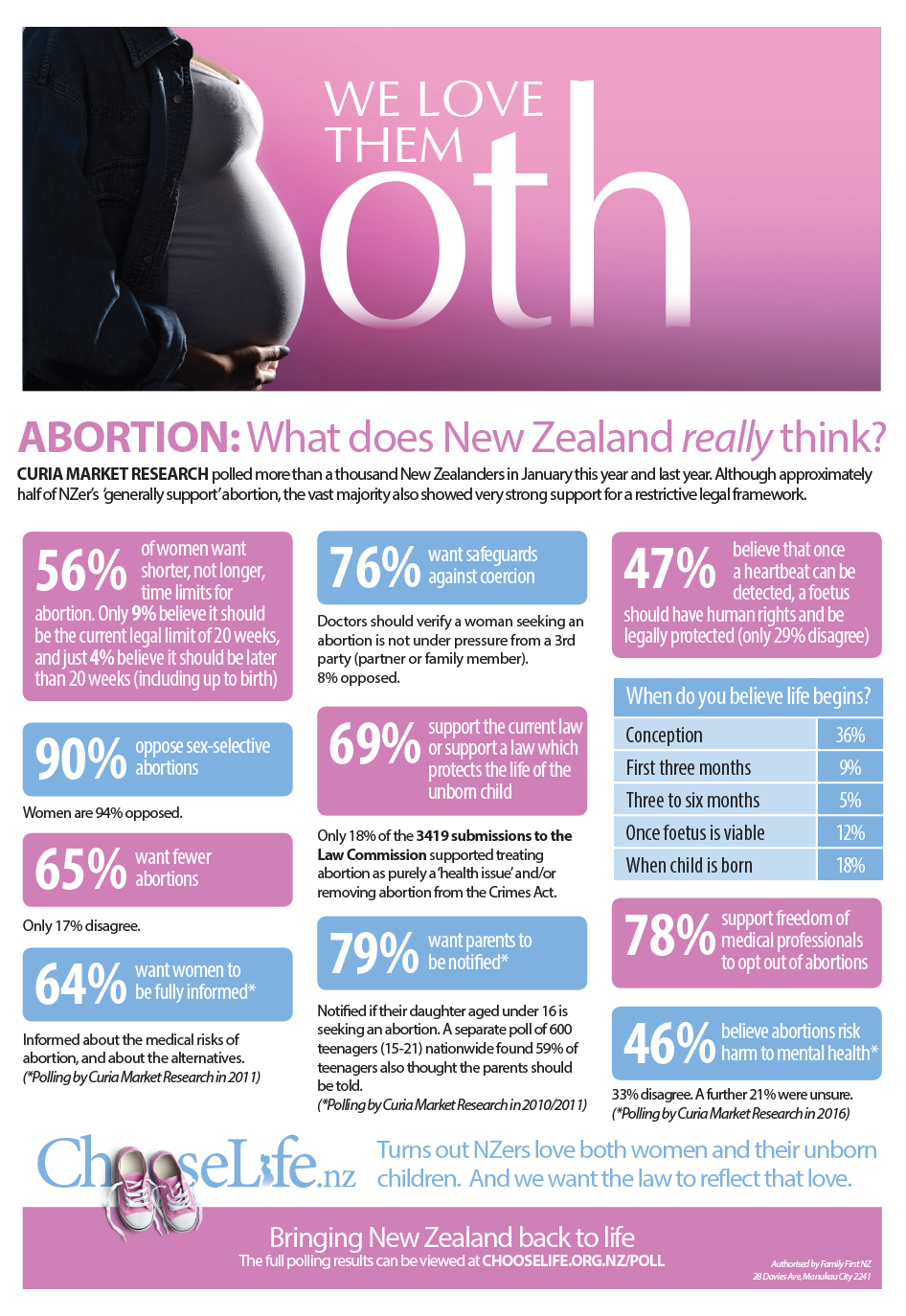

DOWNLOAD THIS INFORMATION AS A PDF
[i] An unlawful abortion is an abortion that does not fall into one of the statutory criteria for a lawful abortion, or has not been carried out in accordance with the proper statutory procedure for approving and performing an abortion (such as the abortion procedure being approved by two certifying consultants, and carried out within a licensed premises).
[ii] Right to Life New Zealand Inc v The Abortion Supervisory Committee [2008] 2 NZLR 825 (HC) at [53], citing a Sunday Star-Times article published on 5 November 2000.
[iii] (14 June 2007) 639 New Zealand Parliamentary Debates 9906.

